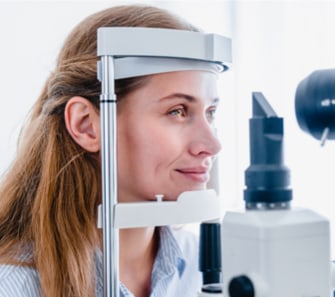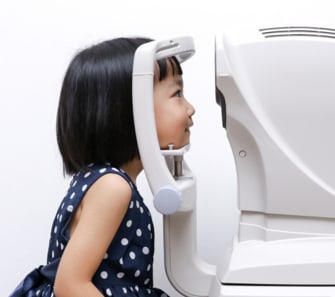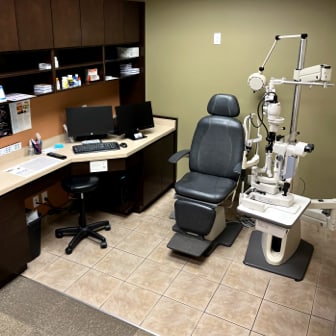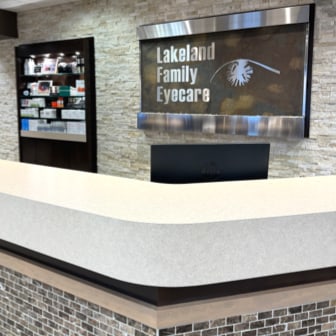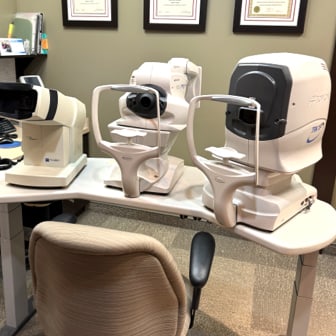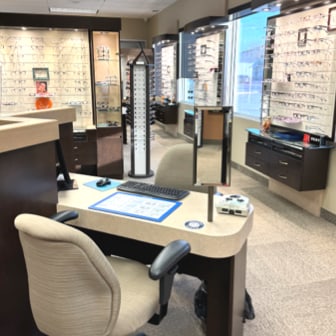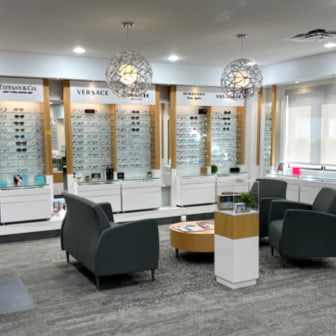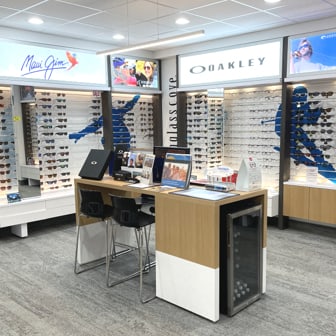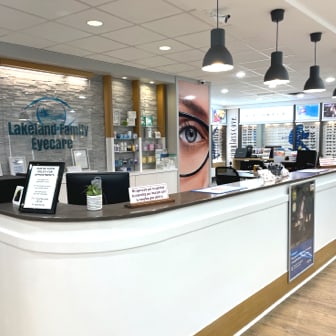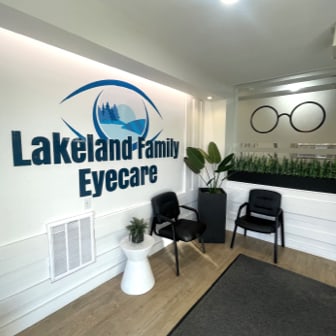Cataracts are one of the most common causes for vision loss in men and women over the age of 40. As our body’s natural aging process progresses, the crystalline lens in our eye begins to cloud, diminishing eyesight. This is known as a cataract and can present in one or both eyes.
After 40 years of age, the lens in our eye begins to increase in thickness, decreasing transparency, flexibility, and ultimately reducing vision. This is the result of a gradual breakdown in the tissues within the lens. As they breakdown, they begin to clump together and cloud the lens.
The following factors increase your risk of developing cataracts or may directly cause them:
- Diabetes
- Trauma
- Smoking tobacco products
- Alcohol
- Prolonged exposure to the sun without UV protection
- Certain prescription medications
Cataract Symptoms
You may experience any combination of the following symptoms, depending on the type of cataracts you have. They include:
- Blurred vision
- Double vision in one eye
- Seeing halos around lights
- Clouded vision
- Fading or yellowing of colors
- Difficulty seeing at night
If you experience any of the above symptoms our Optometrists recommend booking in for an eye exam as soon as possible. Cataracts are treatable and vision loss can be treated effectively.
Cataract Treatment
During the early stages of cataracts, treatment is non-invasive and typically quite effective in bringing your eyesight to an acceptable level. Like many other eye conditions, this is done with the use of eyeglasses and contact lenses.
Delaying the need for cataract surgery for as long as possible is ideal, since cataracts progress with your natural ageing process. Early detection is key to delaying surgery. If your cataracts have progressed beyond the point of correction via eyeglasses and contact lenses, surgery may be an option for you.
Not everyone is a surgical candidate. Your candidacy is determined during a cataract eye exam.
Since cataract surgery has been extensively studied and improved upon, it offers excellent results with a high success rate of 90% vision correction in post-op patients.
If you are worried that you are developing cataracts, or have general concerns about your vision, book an appointment to see our Optometrists.










